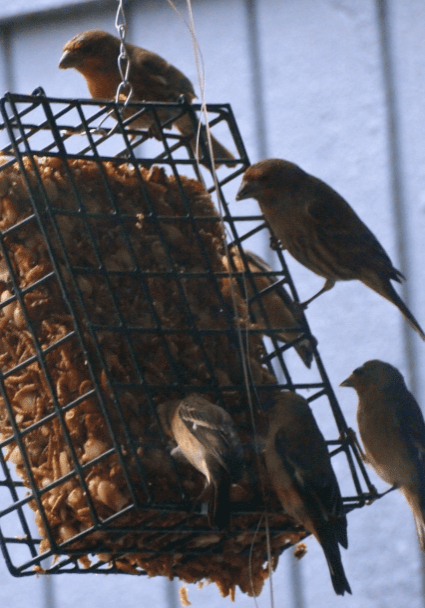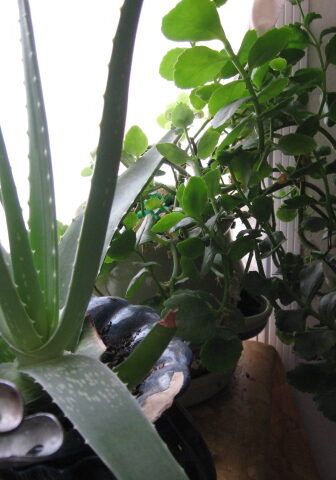Gardening, Guest Post
Tips to Prepare Your Outdoor Plants for Winter
Amber Shehan • December 2, 2017
Here are a few tips and tricks for preparing your garden for winter: veggies, annuals, and perennials, too!
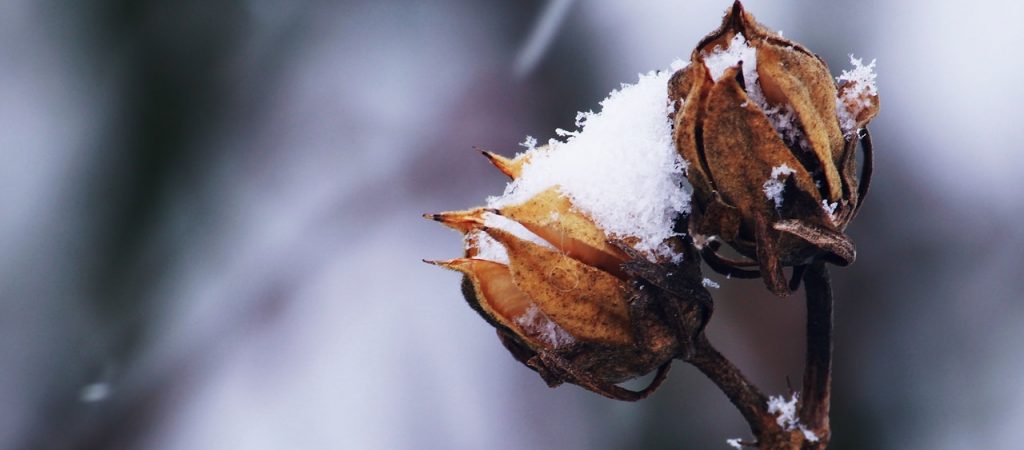
November is behind us, and it’s time to start thinking about winter — and more specifically, how to keep your plants alive during the cold winter months. What can you do to help prepare your outdoor plants for winter? Is there anything you can do if the temperatures have already started to drop?
Vegetable Gardens
We all love our vegetable gardens — they’re a great and cheap way to add fresh produce to your diet, even though they can be a lot of work. Keep your veggies safe by:
- Keep covers handy — early frosts can kill your late summer and fall crops, so be prepared to protect them.
- Use the cold weather — root vegetables can stay in the ground through the frosts and some, like parsnips, even taste better after freezes. Some leafy veggies get sweeter if they’re harvested after a light frost as well!
- Clean up dead vegetation — not only does this make your spring set up easier, it removes places where pests could potentially overwinter. If you’ve got empty areas, till the soil up to help get rid of any pests that might be hanging out there through the cold months.
- Prepare your plots for spring and summer — renew your empty plots with compost and organic matter. When it comes time to plant once the world thaws out, you’ll be ready to go.
Once your cold-weather preparations are done, you won’t have much to do (other than the occasional root vegetable harvest) until spring. Enjoy your time off and your hard-won veggies.
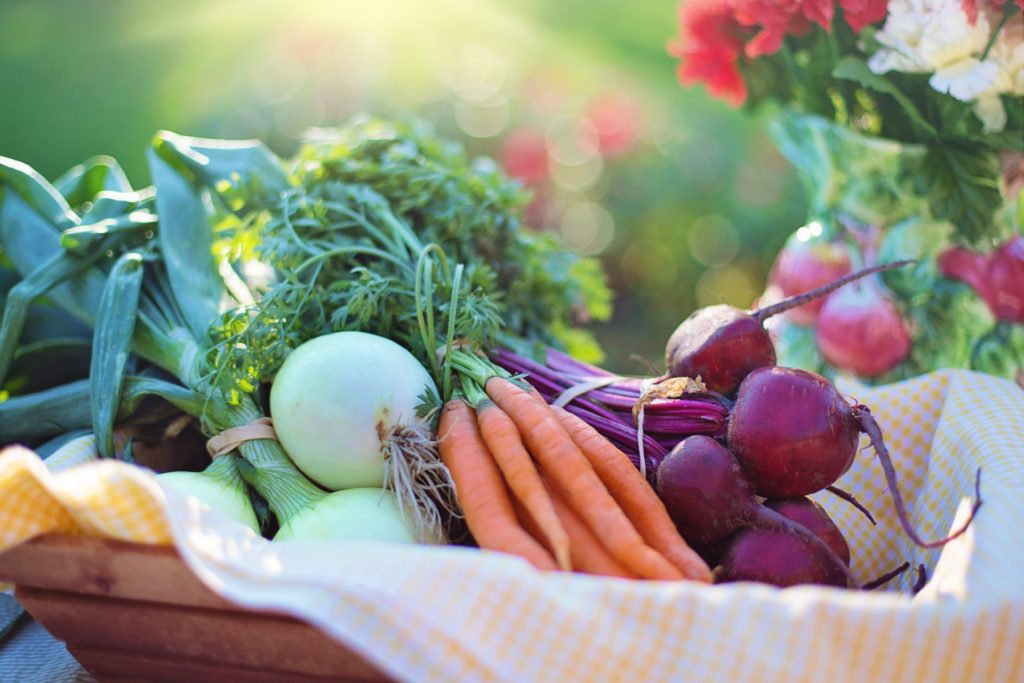
Annuals
No one likes replanting their flowers every year once the snow kills them off, but depending on the annuals you pick, you may have the added bonus of seeds at the end of the season that will breed true to type.
First, keep your plant covers handy. Even if the freezes kill them off, covers will protect your annuals from light or early season frosts. After a killing frost, clean out your flower beds and drop the dead plants in your compost pile. They’ll make perfect fertilizer for your new plants in the spring.
Save the seeds from the plants that you know will breed true. You can germinate them and replant them the next spring.
Sow your now empty plots with compost or organic material to replace nutrients lost during the year. At the same time, if you’ve got cold-hardy seeds, you can go ahead and plant them so they’ll be ready for the first spring blooms.
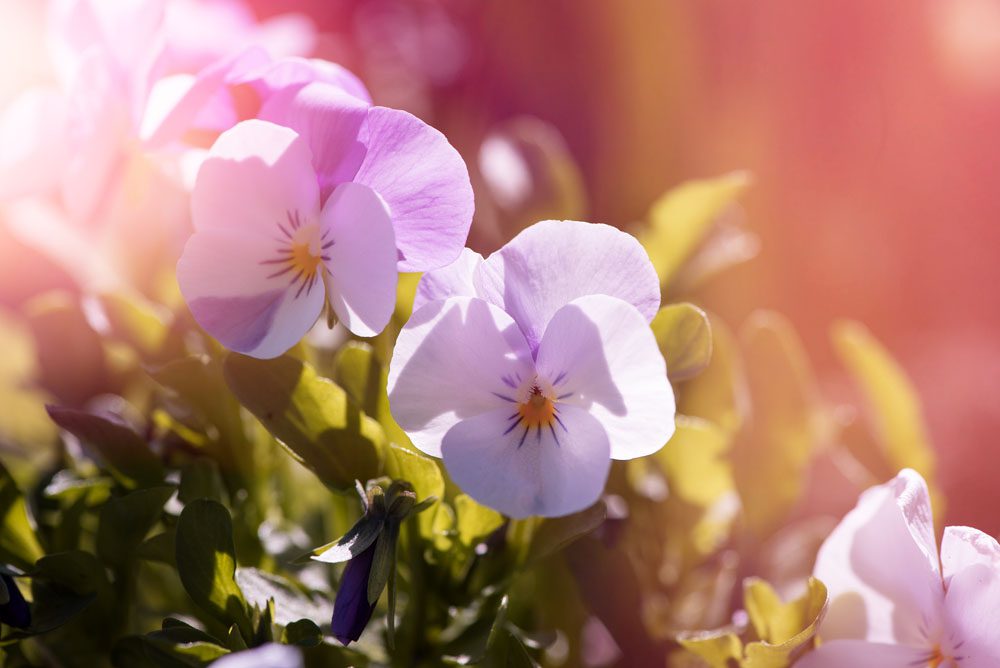
Perennials
If you don’t want to break into the frozen soil in springtime to replant your seeds, perennials are the way to go. They do require some care, though, to make sure they can pop right back up after the cold winter months.
- Keep watering them through the fall months, even after they’ve lost their leaves or blossoms.
- Once they’ve shed their leaves, cut perennial tops to about 6 inches from the ground surface, and surround them with mulch. This will help protect the roots during freezes.
That’s it. Perennials don’t take a lot of work, and they’ll spring back (no pun intended) every year as long as their roots are protected. Each type of perennial is a little different though, so make sure you are aware of all of those little idiosyncrasies.
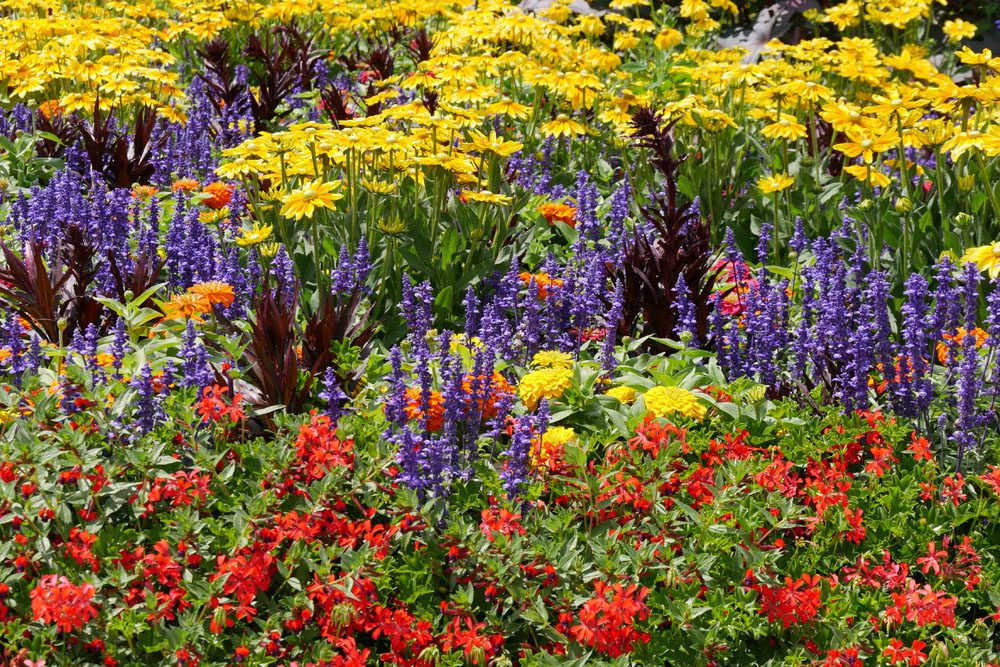
Shrubs and Trees
In most cases, trees can hold their own during the winter months as long as they’re well established and are native to the area. Trees that are young or are more used to warm climates might need a little bit of extra care.
- Citrus and avocado trees need to be well watered during fall and winter months. A dry tree will cause the fruit to split open on the branch and be inedible.
- Stop feeding tropical trees in September. They need time to get ready for a winter dormancy cycle.
Young trees and shrubs will need to be fertilized before the winter months. Older, more established trees don’t need extra fertilizer especially if they’re surrounded by a good layer of mulch.
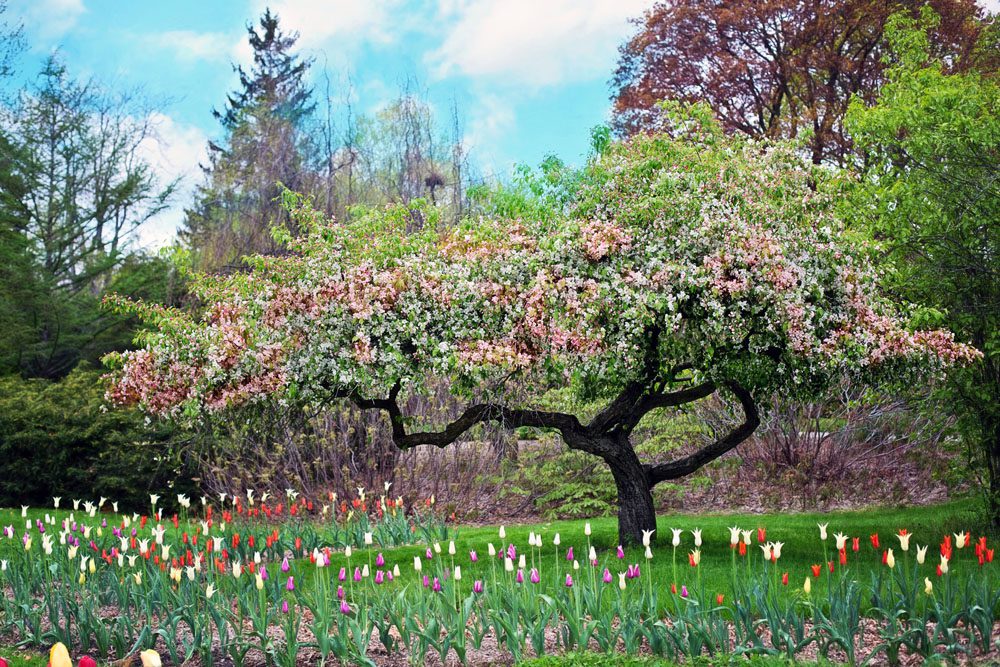
Winter is, in many places, one of the most beautiful times of the year. By spending some time preparing your garden during the fall months, you can enjoy all that the season has to offer without worrying about whether or not your plants are going to survive until spring.
Guest Post Author: Emily is an avid gardener and the editor of Conservation Folks.
Get updates from Pixie's Pocket: brewing and herbs in your inbox:
Posted In Gardening, Guest Post
Tagged: container garden, garden, gardening, guest post, suburban garden, urban garden, winter
Amber Shehan
Hi! I'm Amber Pixie, and this is my site. Enjoy the recipes, information, posts, and please feel free to message me if you have questions!



